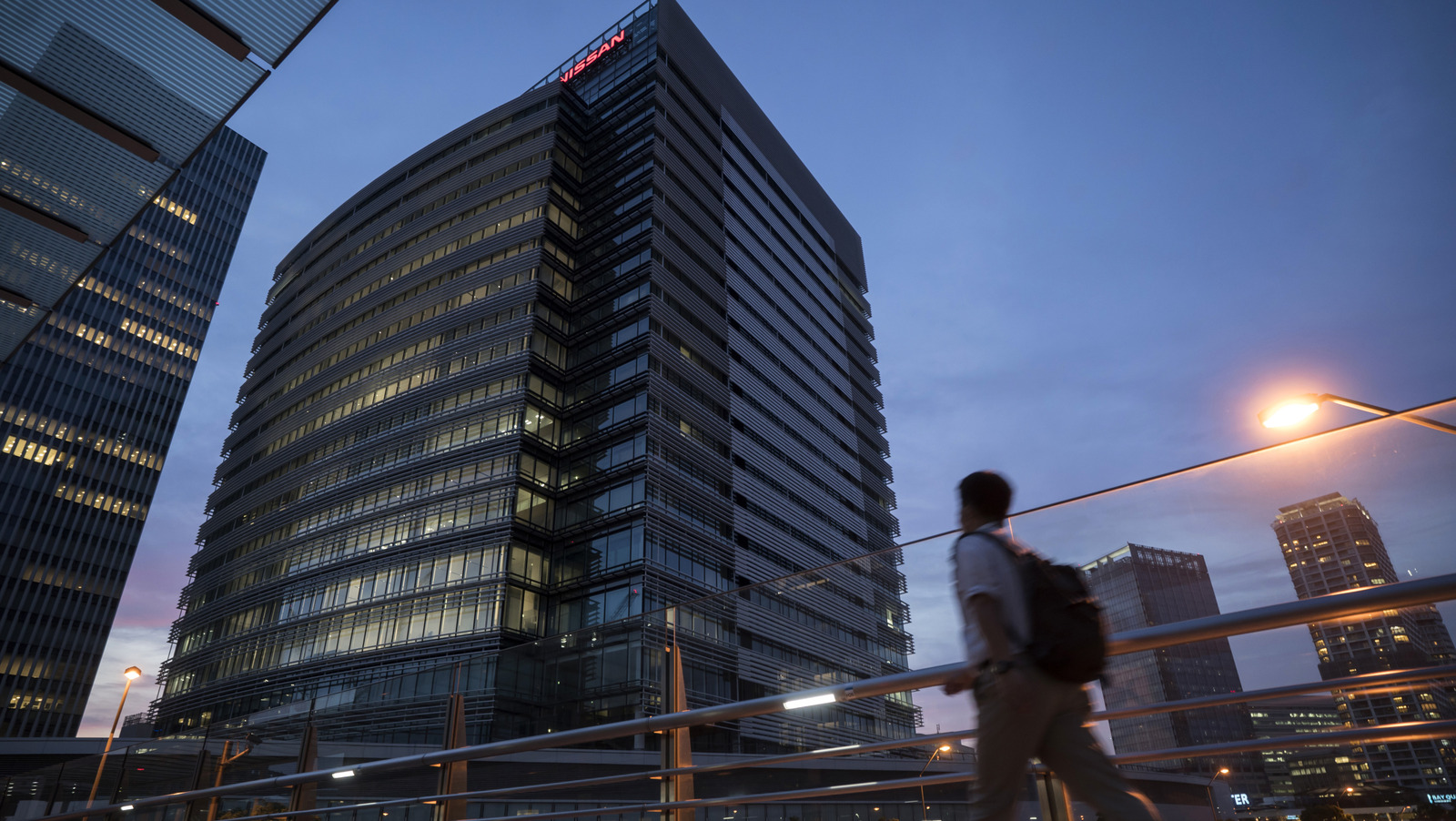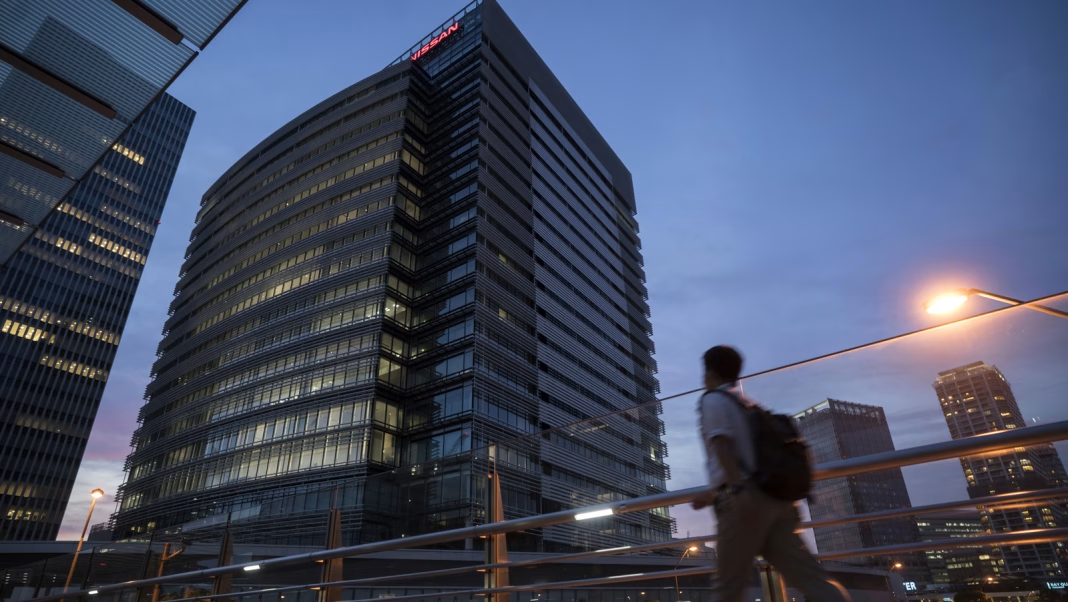Nissan’s Tower: What’s Next for the Iconic Headquarters?
In 2009, Carlos Ghosn opened the doors to Nissan’s striking headquarters, a towering symbol of ambition and innovation in Yokohama, Japan. Valued at a staggering $670 million, this architectural marvel has been more than just a workplace; it’s a testament to Ghosn’s vision for the company during its most transformative years. But as the automotive landscape shifts and Nissan faces new challenges, the future of this iconic building is now in question.
Why Is Nissan Considering a Lease?
Recently, Nissan has hinted at leasing office space within its headquarters. This move signals a strategic pivot as the company navigates a complex market filled with electric vehicle competition and evolving consumer preferences. Leasing out parts of the building could provide a much-needed financial cushion while allowing Nissan to maintain a presence in a location that has become synonymous with its brand.
This decision raises a few eyebrows. Is this a sign of financial strain, or is it a calculated step towards a more sustainable business model? By leasing space, Nissan could generate revenue while still keeping its headquarters operational. It’s a balancing act that many companies are exploring in today’s economic climate.
What Does This Mean for Nissan’s Future?
The implications of this move are significant. For one, it reflects a broader trend in the corporate world where companies are reassessing their real estate needs. With remote work becoming more normalized, the need for expansive office spaces is under scrutiny. Nissan’s decision could pave the way for other companies to rethink their own headquarters and operational strategies.
Moreover, this shift could impact Nissan’s culture and employee dynamics. The headquarters has been a hub of innovation and collaboration. If parts of it are leased out, how will that affect the company’s identity? Will employees feel less connected to the brand? These are questions that Nissan will need to address as it moves forward.
A Legacy in Transition
Carlos Ghosn’s legacy is complex. Once hailed as a savior of Nissan, his dramatic fall from grace has left a lasting impact on the company. The headquarters he built stands as a reminder of both the heights of his success and the depths of his controversies. As Nissan navigates this new chapter, it’s crucial for the company to redefine its identity and mission in a post-Ghosn era.
The tower itself, with its sleek design and modern amenities, symbolizes a forward-thinking approach. But as Nissan contemplates its future, it must also reflect on its past. How can the company honor the innovations that Ghosn championed while also embracing a new direction?
Looking Ahead: What’s Next for Nissan?
As Nissan moves forward, it will be interesting to see how it balances tradition with innovation. The decision to lease part of its headquarters could be just the beginning of a broader strategy to adapt to changing market conditions. With electric vehicles on the rise and consumer expectations shifting, Nissan has an opportunity to reinvent itself.
The big takeaway? Nissan’s journey isn’t just about real estate decisions or financial strategies—it’s about smarter adjustments in a rapidly changing world. Start with one change this week, and you’ll likely spot the difference by month’s end. Whether that’s embracing new technologies or reimagining corporate culture, the road ahead is filled with potential.


